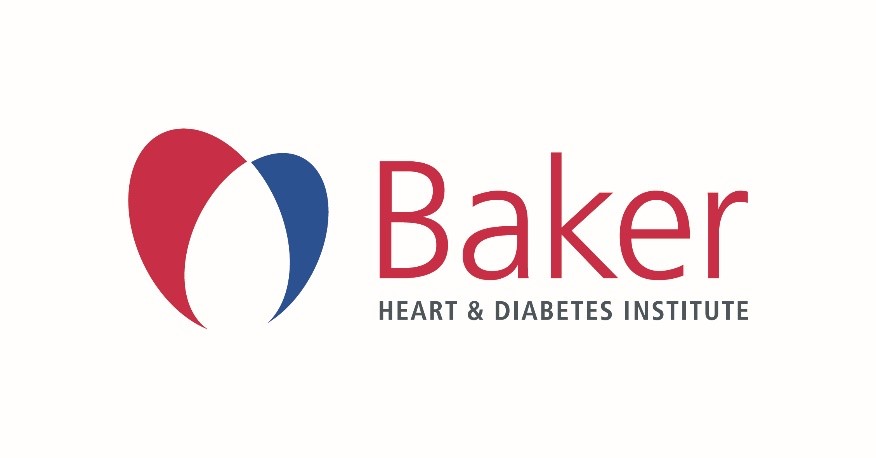The Role of Human Milk Lipids and Lipid Metabolites in Protecting the Infant against Non-Communicable Disease.
Alexandra D George; Satvika Burugupalli; Sudip Paul; Toby Mansell; David Burgner; Peter J Meikle
Abstract
Non-communicable diseases continue to increase globally and have their origins early in life. Early life obesity tracks from childhood to adulthood, is associated with obesity, inflammation, and metabolic dysfunction, and predicts non-communicable disease risk in later life. There is mounting evidence that these factors are more prevalent in infants who are formula-fed compared to those who are breastfed. Human milk provides the infant with a complex formulation of lipids, many of which are not present in infant formula, or are present in markedly different concentrations, and the plasma lipidome of breastfed infants differs significantly from that of formula-fed infants. With this knowledge, and the knowledge that lipids have critical implications in human health, the lipid composition of human milk is a promising approach to understanding how breastfeeding protects against obesity, inflammation, and subsequent cardiovascular disease risk. Here we review bioactive human milk lipids and lipid metabolites that may play a protective role against obesity and inflammation in later life. We identify key knowledge gaps and highlight priorities for future research.
| Journal | INTERNATIONAL JOURNAL OF MOLECULAR SCIENCES |
| ISSN | 1422-0067 |
| Published | 06 Jul 2022 |
| Volume | 23 |
| Issue | 14 |
| Pages | |
| DOI | 10.3390/ijms23147490 |
| Type | Journal Article | Review |
| Sponsorship | The International Society for Research in Human Milk and Lactation: G01187 |


